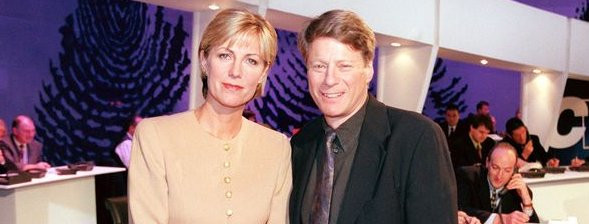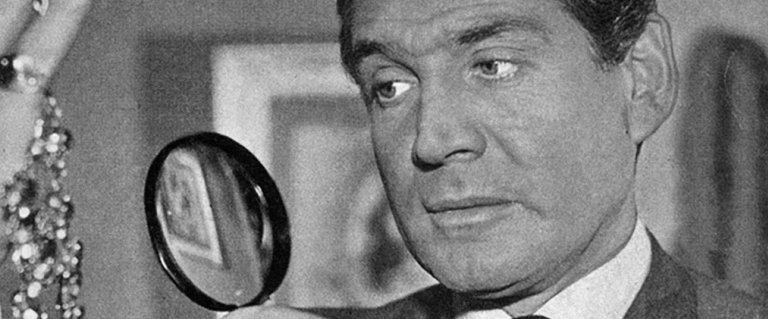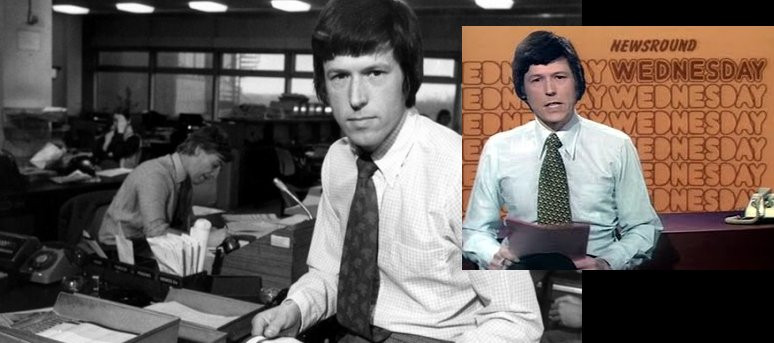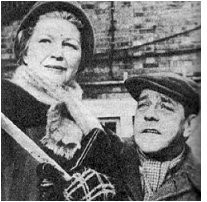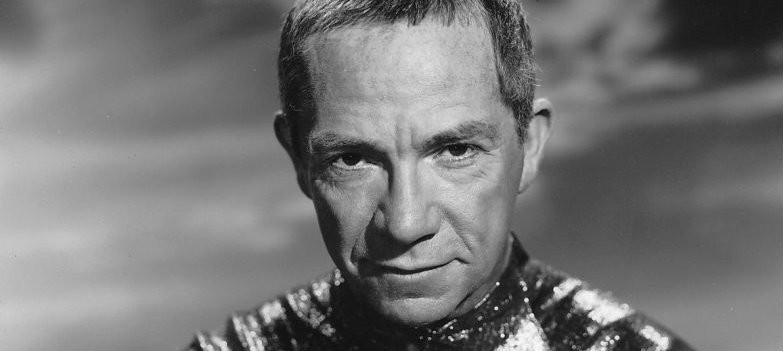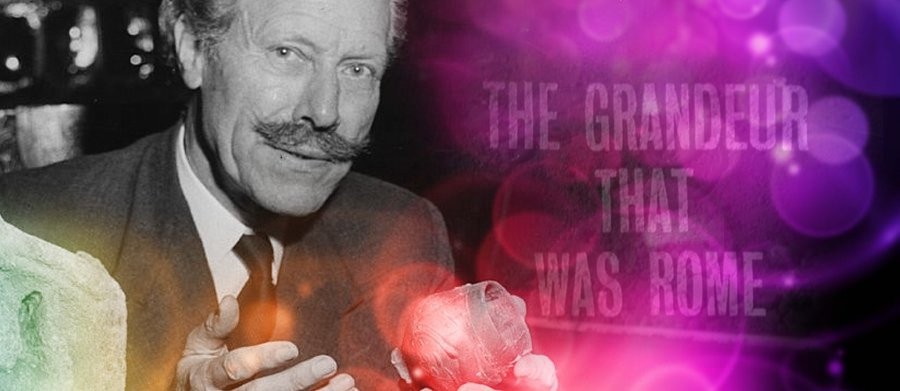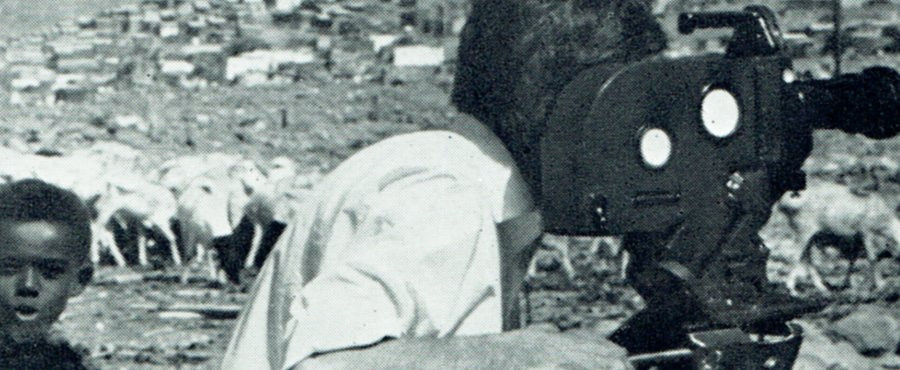
World In Action
1963 - United KingdomOne of the most important programmes to come out of the 1960s, World in Action had a universal reputation as the major investigative current affairs series on television. Reaching 23 million UK viewers at its peak (almost half the population), its campaigning style of journalism often swayed public opinion, uncovered corruption and probed underhanded dealings. Nobody was ignored by its scrutinising eye. Cabinet ministers were questioned, so was the British criminal justice system, Defence budgets were scrutinised and illegal business practices were questioned. British Prime Minister Margaret Thatcher described the people who made the series as "just a lot of Trotskyists", and its eventual demise from our screens was seen as indivicative of the 'dumbing-down' of British television.
World in Action was the brainchild of an Australian television producer and journalist; Tim Hewat. Described as the "maverick genius of Granada television's current affairs in its formative years" and "one of the true greats of the medium", Hewatt, a former sub-editor of the Daily Express newspaper, had wanted to create a show that would put his kind of news story on air each week in contrast to the BBC's Panorama, which he saw as generally towing the line of Westminster. Hewat wanted to take a more abrasive approach.
What his bosses at Granada television agreed to was a fortnightly programme called Searchlight, which was, according to former Granada chairman Sir Denis Forman, "...better than the ponderous Panorama and the aimless This Week" while concluding however that Searchlight was "not a distinguished show." The team of Hewat, Jeremy Isaacs and Mike Wooller picked up stories that illustrated "muddle, sloppiness and failure in odd corners of society: dirty food, crooked sport, slovenly British Rail, deficient child welfare and unlawful gambling." According to Forman only once did they touch a nerve "...a reaction which came to be accepted as a sign we had done something worthwhile." There were 27 episodes of Searchlight between March 1959 and June 1960.
Whereas Searchlight had been ten minutes of film and fifteen minutes of debate, World in Action was to be all on film with no presenter in vision. The prose style was to be that of the Daily Express while the content was to be modelled on 'Mirrorscope', a serious four-page fold-in which the Daily Mirror ran over several years and was much admired by Granada's bosses. According to Denis Forman "World in Action had a resonance that was new to television. For two decades the BBC had spoken with the voice of the broadsheets, more particularly with the voice of The Times, a voice which patronised and so alienated the people of the working world who, if they read a newspaper at all, read the Mirror, the (Daily) Sketch, or the Express. To be addressed as equals in tones they did not resent and in language which was their language was a welcome change." Within a few weeks World in Action had double the ratings of Panorama.
Over the next three-and-a-half decades World in Action bought to the attention of the nation some landmark investigations including the Poulson Affair, corruption in the West Midlands Serious Crime Squad, the exposure of the shadowy and violent far-right group Combat 18, investigations into L. Ron Hubbard and Scientology and, most notably, a long campaign which resulted in the release from prison of the Birmingham Six, six Irishmen falsely accused of planting Provisional Irish Republican Army (IRA) bombs in Birmingham pubs.
The series was rarely away from the courts and the threat of legal action and it was often at loggerheads with the both the ITA and then the IBA, the official regulators of the Independent Television channels. Forman describes the programme's relationship with the ITA between the years of 1966 and 1969 as no less than "trench warfare." Reporters who worked on the programme were threatened with imprisonment and such was the case of Susan O'Keeffe an Irish journalist who investigated scandals within the Irish meat industry in two films in 1991. The investigation centred on the Goodman International group – involving tax fraud, misappropriation of beef and Larry Goodman's dealings with Saddam Hussein's Iraq, leading to the setting up of a Tribunal of Inquiry, known as the Beef Tribunal, which found that much of her criticism of the industry was substantiated. The Tribunal, though, demanded that she name her informants, and when she refused to do so, she was charged by the Director of Public Prosecutions. The case became a cause célèbre in Ireland, and in January 1995 she faced trial for contempt of court but was cleared of the charge. She was honoured in the 1994 Freedom of Information Awards for her stand.
In its last few years, World in Action was involved in two high-profile libel cases. It won the first against the former Conservative Cabinet Minister Jonathan Aitken, who called a televised press conference three hours before the transmission of a World in Action film, Jonathan of Arabia, demanding that allegations about his dealings with leading Saudis be withdrawn. Aitken was subsequently sentenced to 18 months in prison for perjuring himself in the libel case. However the programme lost the second libel case against the high street chain Marks & Spencer.
World in Action employed many leading journalists, among them John Pilger, Michael Parkinson, and Gordon Burns and producers and directors included Michael Apted, later to direct Coal Miner's Daughter, Gorillas in the Mist and the James Bond film The World Is Not Enough, as well as the Up Series documentaries (the earliest programmes were part of the WIA series), and Mike Hodges, who went on to direct Get Carter and Flash Gordon. Paul Greengrass, director of the feature films United 93, The Bourne Supremacy and The Bourne Ultimatum and of the drama-documentaries Bloody Sunday and The Murder of Stephen Lawrence, cut his directing teeth on World in Action. Editors of the programme were Tim Hewat, Derek Granger, Alex Valentine, David Plowright, Jeremy Wallington, Leslie Woodhead, John Birt, Gus Macdonald, David Boulton, Brian Lapping, Ray Fitzwalter, Allan Segal, Stuart Prebble, Nick Hayes, Dianne Nelmes, Charles Tremayne, Steve Boulton and Jeff Anderson.
According to America's Museum of Broadcast Communications World in Action "stands as one of the finest achievements of public service television in Britain." World In Action was sold around the world and won numerous awards, but with the 1990s' de-regulation of commercial television, it became a focus in the debate on the future of public service broadcasting in the commercial sector. Despite its populist reputation it was cancelled in 1998, a move widely interpreted as ending ITV's commitment to serious journalism.
Paul Greengrass, now a feature filmmaker who worked on World in Action said "You were expected to be a maverick there, and what they taught me never left me. It's about observing and listening to the world. Looking back, I have a sense of wonder that such a place existed." Channel Four said in November 2011 that there had been a decline in the pool of investigative journalism since "the demise of training grounds such as World in Action."
Seen this show? How do you rate it?
Seen this show? How do you rate it?
Published on February 12th, 2019. Written by Marc Saul (2012) Sources of reference: The Dream That Died (The rise and fall of ITV) by Raymond Fitzwalter | Persona Granada by Denis Forman | Museum TV | Wikipedia for Television Heaven.


